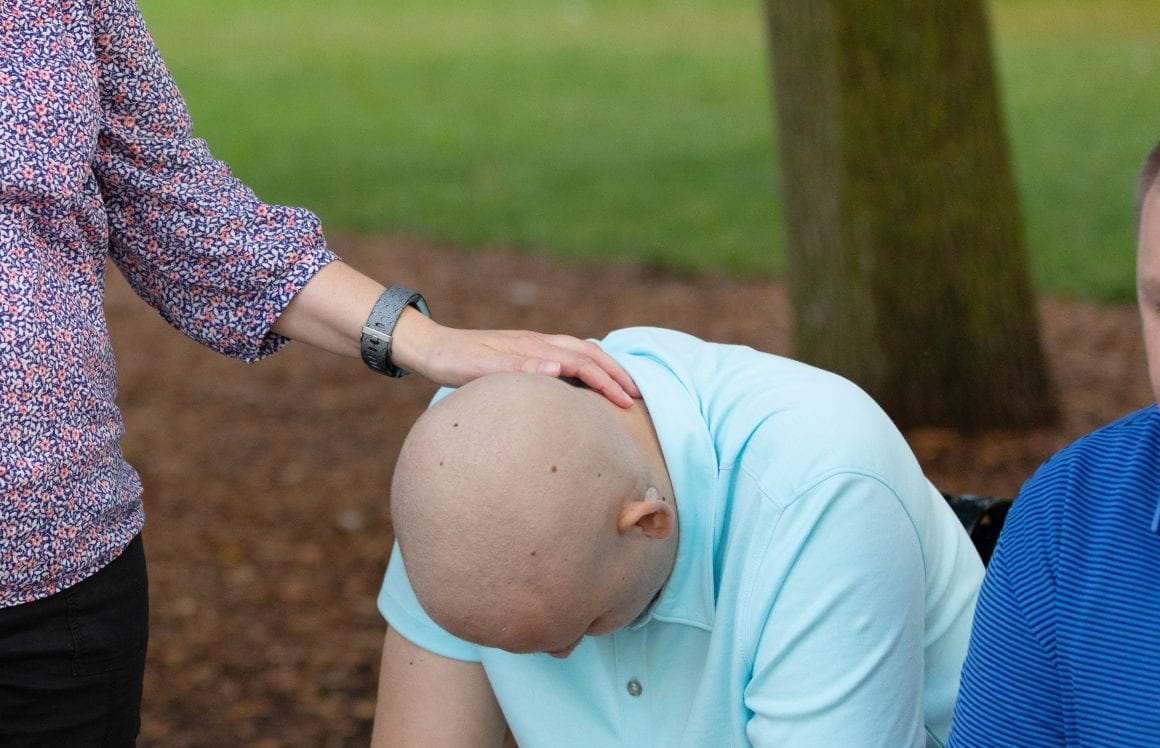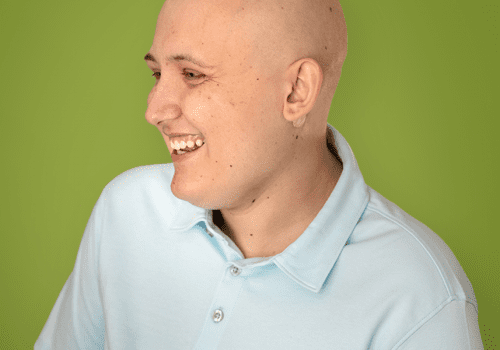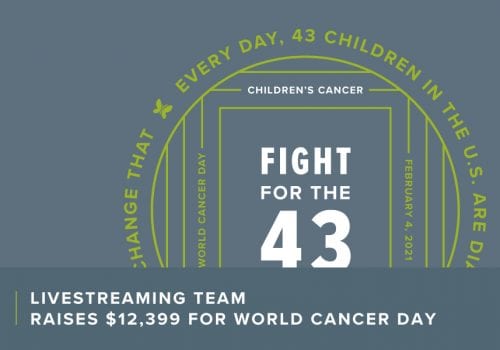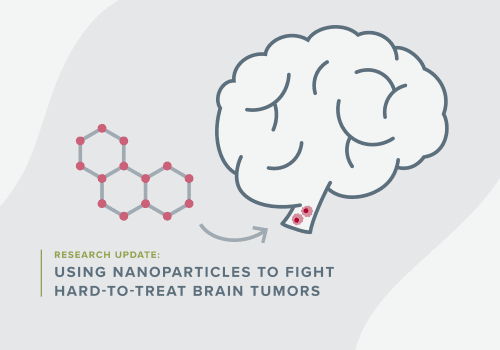This is the third piece in a 3-part series. If you haven’t already, please go back and read Part 1: What Grief Is Not and Part 2: What is Grief? Note: Much of the information below is from Megan Devine’s book, “It’s Okay You’re NOT Okay.”
Picture your grieving friend like a broken bone. They’re in pain and they’re vulnerable, but a broken bone isn’t something you’re able to fix. In fact, by trying to do the fixing for them, you might actually cause them more pain. So what can you do?
Be the cast.
According to author Megan Devine, your role as a friend to someone in grief is to become their cast. You can’t do the healing for them – only they can do that. Your role is to become the cast for their broken bone of grief – you offer protection and a safe place to heal.
Humans heal in the context of their relationships – families, loved ones, support groups, religious communities, professional therapists and more. These people form the “cast” that can provide external support so a wound can go about the intricate, complex and difficult process of proper, integrated healing.
Slow down, listen, and prepare your heart to feel the pain.
It’s natural to want to jump in and comfort your friend with platitudes, before their pain really seeps into you. Resist this. Hold back all the “helping” and comfort-giving you will naturally want to pour out. Witnessing someone else’s grief is painful but so, so important. Show the person that you care through your willingness to listen. Don’t try to fix it, just feel it for a moment.
Check yourself for any agenda of trying to fix it or any other selfish motive.
Grief can trigger feelings you didn’t expect. You may want to search for a reason why this bad thing happened and subconsciously reassure yourself that it can’t happen to you or your family. Ask yourself, “Am I just saying this to make me feel better?”
Examples:
“A few months after my mom’s sudden passing, I ran into an old colleague of hers at a conference. When she asked about my mom and I told her she had died, the woman asked, ‘Was she still overweight?’ She was trying to rationalize why what happened to my mom wouldn’t happen to her.” – Katrina
“Often when telling people that my sister has passed away, they ask, ‘Were you two close?’ I feel like saying, ‘Yes, we were, but would it have made you feel better if I said we hadn’t been close?’ That’s not the kind of question that helps someone who is grieving.” – Lauren
“'They should have fed him more broccoli,’ one woman said after my son Zach was diagnosed with cancer. I felt angry, judged and annoyed. I think sometimes in order to keep the crazy away we convince ourselves it can’t possibly happen to us.” – Laura
Be open and vulnerable.
Are you feeling awkward and unsure of what to say? Say, “I don’t know how to do this, but I love you enough to be awkward.” Grieving people would much rather you stumble through than confidently sweep in with fixes.
Be okay with rejection or missing the mark.
We’re human – we don’t always know the perfect thing to say. The most important thing is not to drift away or stay silent. Silence is much more painful for those in grief than your awkward fumbling is for you. Silence makes the grieving person feel forgotten.
Listen without trying to form a response.
When you try to find something to say while your friend is talking, you’re building a wall to protect yourself from their grief, and they can tell. Listen closely, acknowledge the pain and pause before you formulate any kind of response.
Resist the urge to compare their experience to yours.
This is a natural instinct as we search for a way to empathize, but no two grief experiences are the same. Comparing turns the focus on you and loads another sad story onto the grieving person’s shoulders. It’s better to simply listen.
Phrases to avoid:
“You’re so strong,” or “You’re a warrior.”
Reason: I didn’t like the “cancer warrior” statements because Zach didn’t want to be a warrior – he just wanted to be a teenager. – Laura
“At least…” or “You should be…”
Reason: “Someone said to me, ‘You should be grateful that at least you got to say goodbye.’ Grieving people don’t have to feel grateful, but often times they are grateful for many things. This comment felt like a scold, like I wasn’t measuring up, and it wasn’t helpful.” - Laura
Phrases to Start With:
“I love you and I hate that this is happening to you,” or “This really sucks and you don’t deserve it.”
Reason: It’s simple, honest, and it recognizes the pain without trying to fix it.
“Would it be okay for me to bring a meal for your family this weekend?”
Reason: This offers a specific thing you can do to alleviate the suffering, but doesn’t pretend that this will fix everything.
It’s scary and messy to wade into the depths of grief with your friend, but it’s so important and appreciated. Just remember: Listen, acknowledge, don’t fix. Be a safe place for the healing to happen.
“The evidence of ‘helping’ is not in the reduction of pain; it’s in knowing the grieving person feels supported and acknowledged in their pain.” – Megan Devine, author of “It’s Okay You’re NOT Okay”
Sources: “It’s Okay You’re NOT Okay” by Megan Devine and RefugeInGrief.com.
Looking for More?
For more advice and ideas about how to help a family facing childhood cancer, download our guide, “Beyond ‘I’m Sorry:’ Supporting a Family Facing Cancer.”




